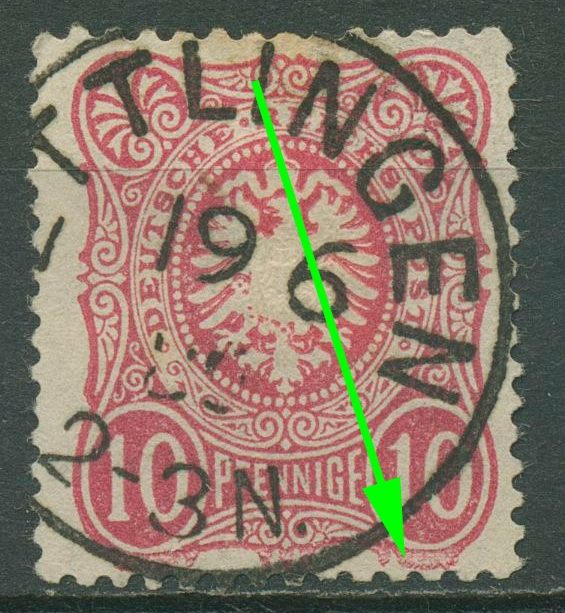The Importance and Evolution of India Post

Introduction to India Post
India Post, established in 1854, serves as the backbone of postal services in India. It has a profound significance in connecting people and businesses across the nation, especially in remote areas where other communication forms are lacking. With over 150,000 post offices, India Post is one of the largest postal networks in the world, playing a critical role in the socio-economic development of the country.
Current Developments and Services
Recently, India Post has taken significant strides to modernize its services in response to the growing demands of the digital age. The government has introduced initiatives to enhance the capabilities of India Post, including the India Post Payments Bank launched in 2018, which aims to provide financial inclusion to the unbanked population. Furthermore, as an adaptation to the e-commerce boom, India Post has improved its parcel delivery services, partnering with major e-commerce platforms to ensure timely and efficient delivery.
With the pandemic accelerating digital transactions, India Post has also expanded its online services. The introduction of e-commerce logistics solutions has been vital in supporting small businesses, providing them with cost-effective shipping alternatives.
Challenges Faced by India Post
Despite its vast network and crucial role, India Post faces several challenges such as competition from private courier services and the rise of digital communication. The need to maintain relevance in an increasingly digital world is pressing. The government is investing in technology and infrastructure upgrades to address these challenges while ensuring that rural and underserved areas continue to receive essential postal services.
Conclusion and Forward Outlook
As India Post continues to evolve, its importance as a government-owned entity that ensures connectivity and communication across the nation cannot be understated. With ongoing reforms and innovations, India Post aims to strengthen its position as a key player in the logistics and financial sectors. In the coming years, it is expected that the organization will play an even more significant role in supporting India’s digital economy and ensuring that rural India remains connected, emphasizing its relevance for the future.









